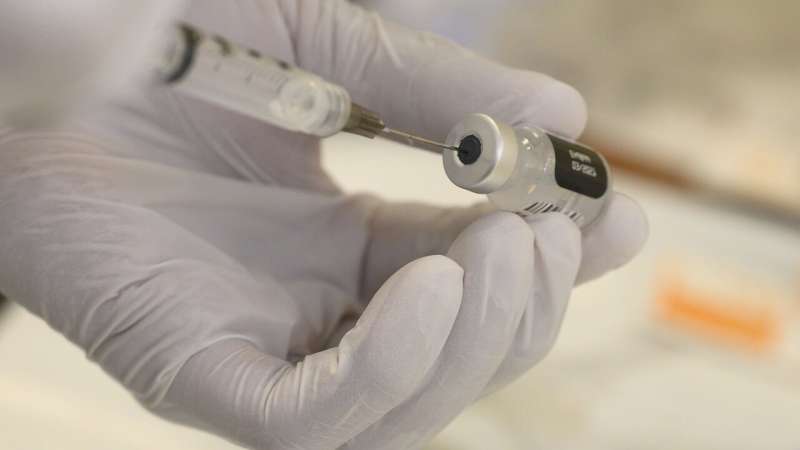Harnessing AI for Safer Drug Development: Predicting Adverse Drug Reactions

A new AI-powered deep learning model predicts adverse drug reactions based on chemical structures, potentially transforming drug safety assessments and early detection of side effects.
Adverse drug reactions (ADRs) remain a leading cause of hospital admissions and treatment discontinuation globally. Traditional methods often struggle to detect rare or delayed side effects associated with medications, highlighting the need for more advanced predictive tools. A pioneering study from the Medical University of Sofia introduces a deep learning model capable of forecasting potential ADRs based solely on a drug's chemical structure.
The model employs a neural network trained on extensive pharmacovigilance data. It analyzes SMILES codes—standardized representations of molecular structures—to predict the likelihood of six major ADRs: hepatotoxicity, nephrotoxicity, cardiotoxicity, neurotoxicity, hypertension, and photosensitivity. The researchers report that the model effectively identified known reactions with a low rate of false positives, demonstrating promising accuracy.
Testing on well-characterized drugs showed predictions aligned with their established side-effect profiles. For instance, erythromycin was predicted to have a 94.06% probability of causing hepatotoxicity, cisplatin showed an 88.44% chance of nephrotoxicity and a 75.8% probability of hypertension. The model also estimated a 22% chance of photosensitivity with cisplatin, whereas the experimental compound ezeprogind had a 64.8% likelihood of photosensitivity. For the novel molecule enadoline, the model indicated minimal ADR risks.
These findings suggest that AI-driven models could become invaluable tools in early drug discovery and ongoing safety assessments. They have the potential to streamline the identification of safety risks before clinical trials and regulatory approval. While current models focus on chemical structure, future improvements could incorporate dosing information and patient-specific factors, further enhancing predictive accuracy.
This innovative approach marks a significant step toward integrating artificial intelligence into pharmacovigilance, ultimately contributing to the development of safer medications and improved patient outcomes.
Source: https://medicalxpress.com/news/2025-08-drug-safety-ai-adverse-reaction.html
Stay Updated with Mia's Feed
Get the latest health & wellness insights delivered straight to your inbox.
Related Articles
Systematic Review Highlights Geographic Barriers to Dental Care and Calls for Improved Access Policies
A systematic review reveals key geographic barriers to dental care access and recommends policy strategies to bridge the gap, emphasizing community-engaged, multi-dimensional solutions.
More States Expand Access to COVID-19 Vaccines Despite Federal Restrictions
Several U.S. states are expanding access to COVID-19 vaccines by issuing policies that bypass federal restrictions, aiming to improve vaccination rates and clarify availability amid changing federal guidelines.
Using Artificial Neural Networks to Understand How Peripersonal Neurons Map Space Around the Body
Scientists develop brain-inspired computational models using artificial neural networks to understand how peripersonal neurons represent the space around the body, revealing new insights into neural mapping and potential applications in AI and robotics.
Half of Youth-Focused Clinicians Routinely Screen for Substance Use Disorders During Well Visits
Most youth-serving clinicians regularly screen adolescents for substance use disorders during well visits, but rates vary widely. Enhancing screening practices can improve early detection and treatment for adolescents at risk.



